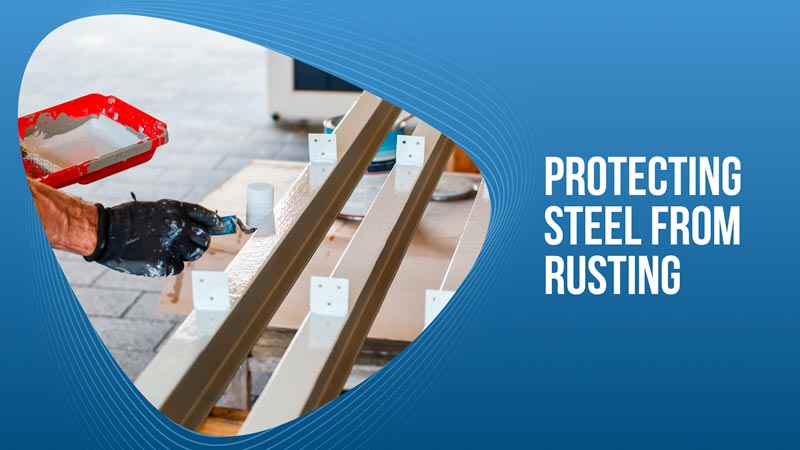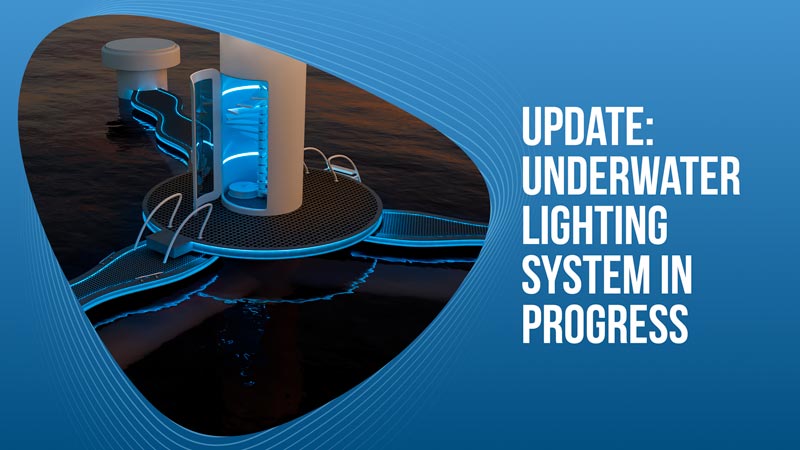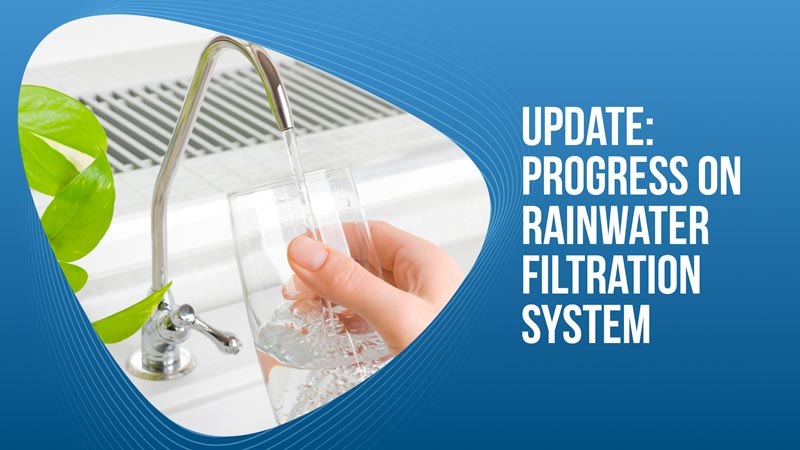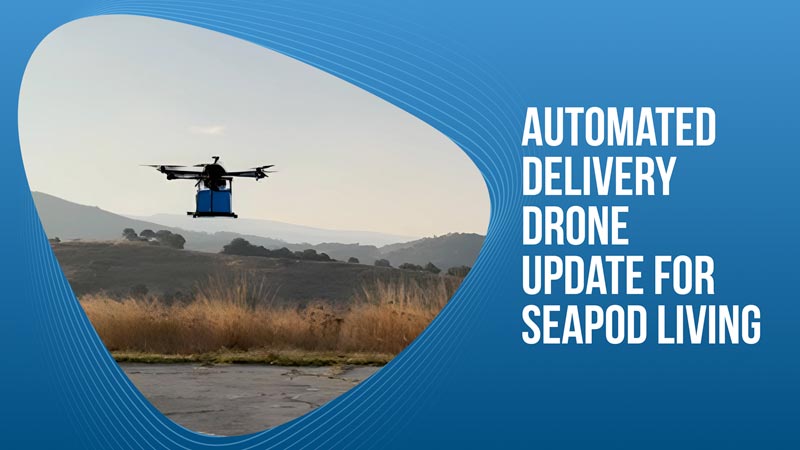
One of the biggest battles between man and ocean is the constant corrosion that comes from putting materials that are used in ships and marine structures like steel into the water. The marine environment is incredibly corrosive to metals and if we just built our TriPod bases and threw them in the water, they would fail due to corrosion in a few years.
One of the common ways to combat marine corrosion is by adding a sacrificial anode. The steel used in ships, and in our case, floating homes, reacts with the saltwater in the ocean and a very small electrical current, called a corrosion current, moves through the metal. As this current moves through the metal, it will be drawn through the metal causing the corrosion process to happen considerably faster.
The sacrificial anode is usually made of a metal that has a more active makeup than steel. This draws the current to the anode and causes the anode to absorb the current instead of the structural metal. Over time, this anode will corrode and will need to be replaced when its life is over, but during that time it will have absorbed a large percentage of the current and protected the structure from corrosion.
The most popular metals for this are zinc, magnesium, and aluminum. While these work great for certain applications like ships that will need to be put into dry dock every so often for maintenance, we wanted to go with a longer-lasting anode since our TriPod bases won’t experience the same levels of corrosion currents as a ship that is actively moving through seawater.
We are going to use titanium anodes to protect our steel. Titanium is easy to get, welds easily to steel, is lightweight, and is very resistant to corrosion in the marine environment. This means that we will have anodes that have a longer life and won’t need to be replaced as often while still doing the job that they are intended to do. This will also lower the amount of maintenance that the SeaPods will need and in turn, will lower the maintenance costs.
If you would like to read more about this process then check out this article. If you are interested in taking a deeper look at the benefits of using titanium anodes and why we chose them, there is more information in this article. We are taking every measure that we can to stop corrosion by doing things like using epoxy paint to seal our steel surfaces and using various methods to avoid electronic corrosion. We want our homes to last a lifetime so we are constantly looking for ways to battle the biggest enemy of longevity in the sea, corrosion.



